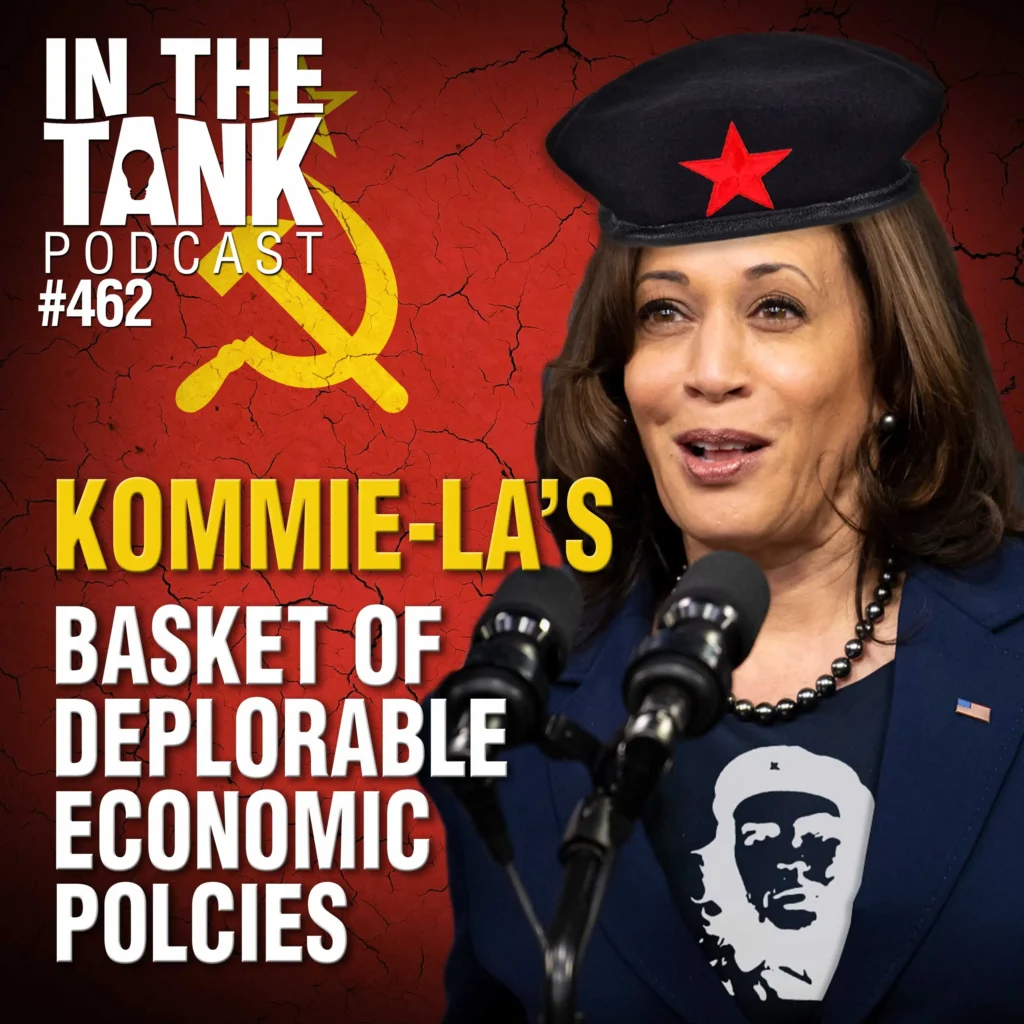The National Labor Relations Board (NLRB), a federal government agency authorized to regulate and investigate organized-labor disputes, determined organized labor groups may negotiate with the local owner of a company’s franchise or the parent company itself.
‘Pretty Clear They Can’t Do This’
James Sherk, a research fellow in labor economics at The Heritage Foundation, says NLRB is exceeding its legal authority.
“It’s a situation where the statute and the court precedents make it pretty clear they can’t do this,” Sherk said. “There’s going to be a lot of litigation on this, so it is very unclear how this is actually going to happen. You had a court case in Minnesota recently where there was an attempt to hold [the] Jimmy John’s [restaurant chain] responsible for labor violations under the Fair Labor Standards Act, [committed by] one of its franchisees, and the court basically laughed the case out of court and made it clear there was simply no legal grounds for this.
“Now, you may have activist judges who want to come to a particular conclusion to benefit different groups, but a neutral reading of the law and court precedents are that they just can’t do this,” Sherk said.
Discouraging Small Businesses
Sherk says the decision will make it harder for small-business owners to keep their doors open.
“I would imagine the brands will simply stop renewing franchise contracts to franchisees and would have to convert those businesses into corporate-owned stores,” Sherk said. “If they are going to be held liable for this, they have to comply with the Fair Labor Standards Act, and now the NLRB, they are going to be held liable for all those decisions. That means there will be a lot less of an avenue for small business ownership.”
‘Far Less Entrepreneurship’
Trey Kovacs, a policy analyst at the Competitive Enterprise Institute, says the decision decreases the incentive to start a new business in America.
“There are thousands of business relationships all across the country, and small businesses like contractors and franchisees are creating 60 percent of the jobs,” Kovacs said. “If these small businesses are held liable for labor violations at the behest of the federal government, it will increase costs and lead to layoffs, and you will see far less entrepreneurship.
“It shouldn’t be the job of unelected bureaucrats to upend thousands of business relationships to basically promote a special interest group like labor unions,” Kovacs said.
Jen Kuznicki ([email protected]) writes from Hawks, Michigan.




